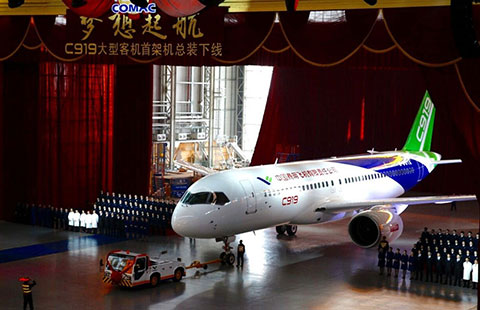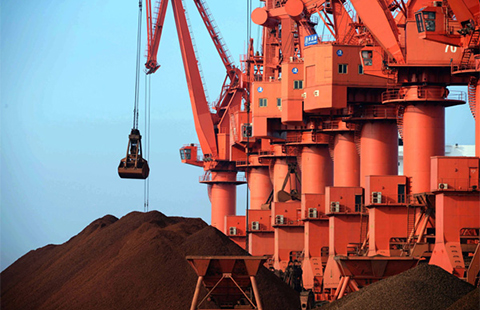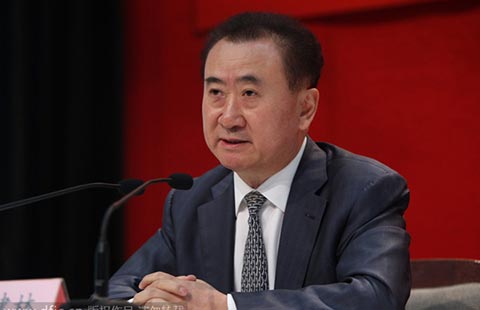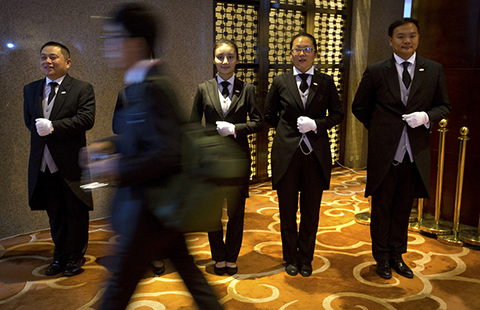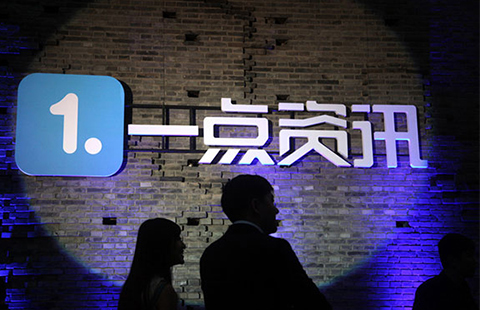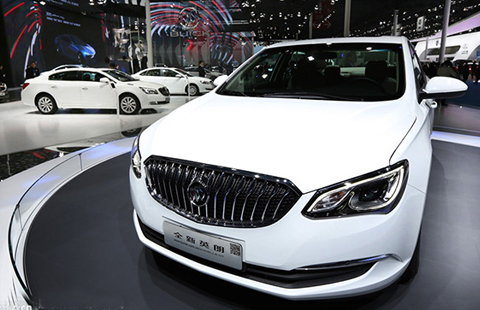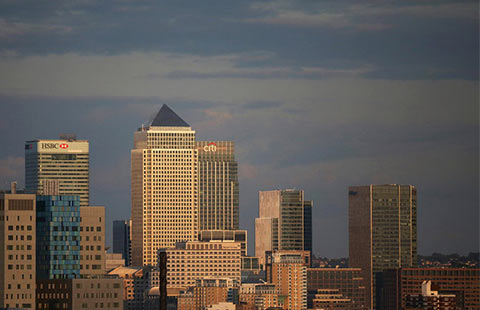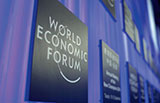Sales of locally made car to rise slightly on backs of govt policies
By Zeng Zhiling (China Daily) Updated: 2015-11-02 08:36As the impact of both the car restriction policy and the stock market correction lessens gradually, we expect to see a moderate recovery in sales in the first- and second- tier- tier cities during the coming year.
|
 |
|
Zheng Zhilin, managing director of LMC Autimotive Consulting (Shanghai) Co Ltd. |
Although underlying demand remains relatively stable, the ongoing negative growth in passenger car production output remains a concern for the Chinese government, which, at the end of September, led the authorities to slash purchase tax by 50 percent for passenger cars with engines of 1.6 liters or less; the cut took effect from Oct 1 and will remain in place through to the end of 2016.
Currently, more than 67 percent of the passenger car sales fall into the category that qualifies for the tax cut.
The positive impact on light commercial vehicles, however, will be very limited, as mini buses will be the only segment that can benefit from the tax cut.
The prices of mini buses are low to start with, so the tax cut will also be small. Moreover, the mini bus segment has been losing its market share to multipurpose vehicles in recent years.
To put this into context, in 2009, in response to the global financial crisis and growing domestic demand, the Chinese government cut purchase tax rates by half to just 5 percent on passenger cars equipped with engines of 1.6 liters or less. This year, China surpassed the United States to become the world's largest automotive market.
These renewed stimulus policies are expected to help further boost the passenger car market during the fourth quarter of 2015, with the effects extending into all of next year.
However, as was the case four years ago, we expect to see a degree of payback in 2017 once the policies come to an end.
In light of the above factors, our current forecast is for sales of locally made passenger cars to reach 19.36 million units this year, marking a rise of about 5 percent, while our 2016 full-year projection has been revised upward to reflect growth of 8 percent in locally made passenger car sales, driven by the incentive stimulus package, with growth set to slow down to 4.7 percent in 2017.
The author is managing director of LMC Automotive Consulting (Shanghai) Co Ltd and he can be contacted at jzeng@lmc-auto.com
- Chinese shares tumble after weak PMI, insider trading probe
- China, Latin America see great potential in clean energy cooperation: experts
- Mercedes-Benz recall over faulty seat belts, software
- No clear indication whether Google's plan to be back in China
- Chinese carmaker Dongfeng general manager under probe
- China growth outlook raised on supportive policies
- Caixin China manufacturing PMI rebounds in October
- Creative, high-tech firms new economic driver, says economist
